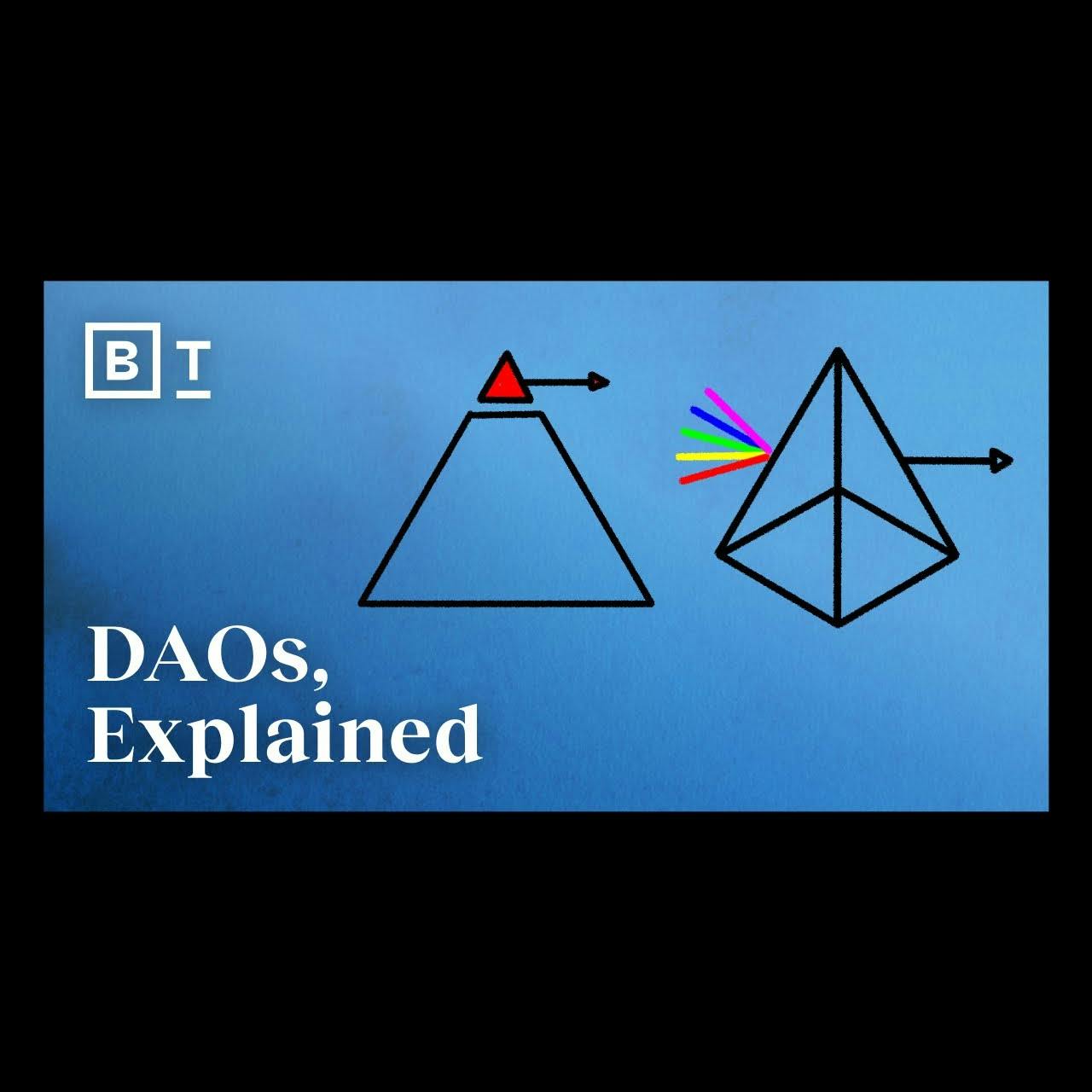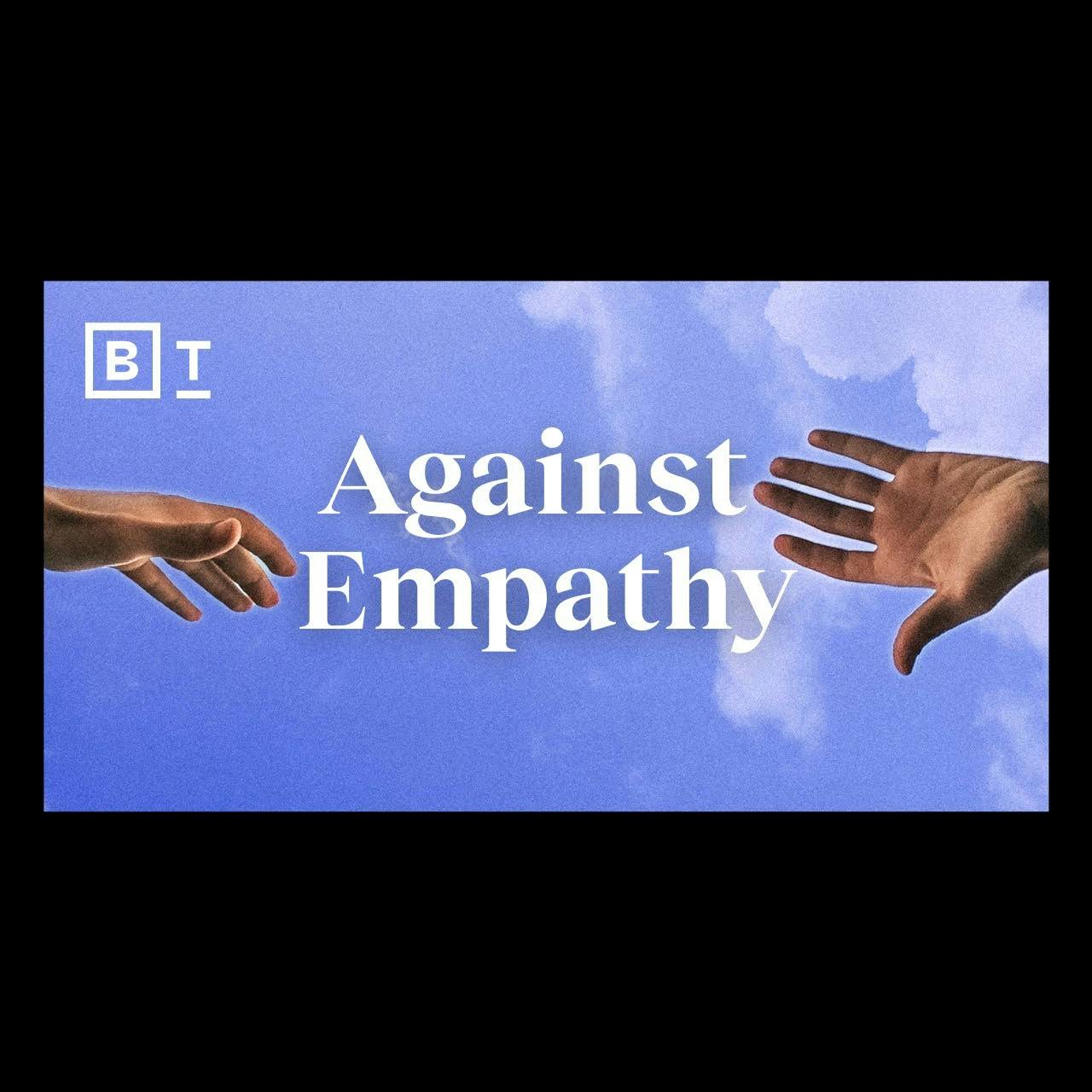The great free will debate | Bill Nye, Michio Kaku, Robert Sapolsky, Steven Pinker & more
Description
The great free will debate
--------------------------------------------------------------------------------------------------------------------
"What does it mean to have—or not have—free will? Were the actions of mass murderers pre-determined billions of years ago? Do brain processes trump personal responsibility? Can experiments prove that free will is an illusion?
Bill Nye, Steven Pinker, Daniel Dennett, Michio Kaku, Robert Sapolsky, and others approach the topic from their unique fields and illustrate how complex and layered the free will debate is.
From Newtonian determinism, to brain chemistry, to a Dennett thought experiment, explore the arguments that make up the free will landscape.
------------------------------------------------------------------------------------------------------------------------------------
TRANSCRIPT:
- Well, you ask one of the deepest philosophical questions of physics. The question of free will.
- For billions of years on this planet, there was life, but no free will. Physics hasn't changed, but now we have free will.
- The brains are automatic, but people are free.
- Our ability to choose is often confused.
- Human choices will not be predictable in any simple way.
- In reality, I don't think there's any free will at all.
DANIEL DENNETT: For billions of years on this planet there was life, but no free will. Physics hasn't changed, but now we have free will. The difference is not in physics. It has to do with, ultimately, with biology. Particularly evolutionary biology. What has happened over those billions of years, is that greater and greater competences have been designed and have evolved. And the competence of a dolphin, or of a chimpanzee, the cognitive competence, the sort of mental competence, is hugely superior to the competence of a lobster, or a starfish. But ours dwarfs the competence of a dolphin or a chimpanzee, perhaps to an even greater extent. And there's an entirely naturalistic story to say, to tell about how we came to have that competence, or those competences. And it's that, "Can do." It's that power that we have which is natural, but it's that power which sets us aside from every other species. And the key to it is that we don't just act for reasons. We represent our reasons to ourselves and to others. The business of asking somebody, "Why did you do that?" And the person being able to answer, it is the key to responsibility. And in fact, the word, "responsibility," sort of wears its meaning on its sleeve. We are responsible because we can respond to challenges to our reasons. Why? Because we don't just act for reasons, we act for reasons that we consciously represent to ourselves. And this is what gives us the power and the obligation to think ahead, to anticipate, to see the consequences of our action. To be able to evaluate those consequences in the light of what other people tell us. To share our wisdom with each other. No other species can do anything like it. And it's because we can share our wisdom that we have a special responsibility.
Learn more about your ad choices. Visit megaphone.fm/adchoices
























